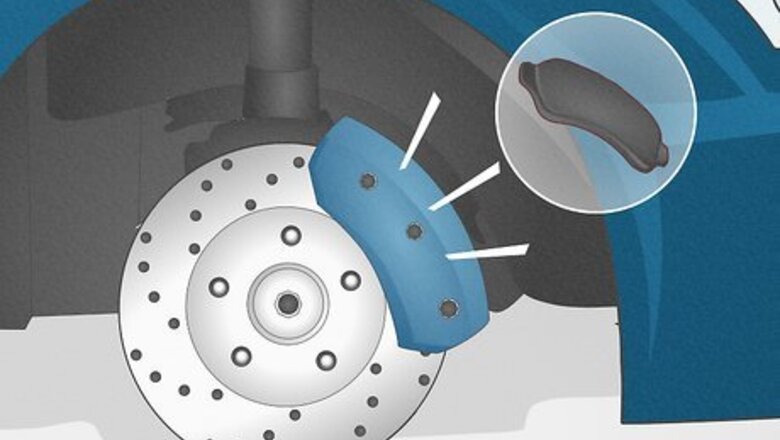
views
- Squeaking brakes can be caused by rust, stuck debris, damaged brake components, and normal wear and tear from brake pads getting worn down over time.
- Fix squeaky brakes by removing rust and debris, or by replacing worn brake pads, brake shoes, rotors, drums, and other old components.
- You can also reduce squeaking by lubricating brake components like calipers, bolts, and any metal surfaces that may scrape against each other.
Causes of Squeaky Brakes
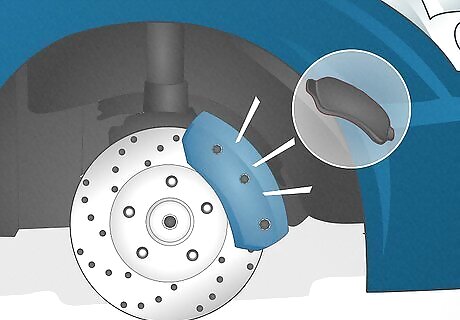
Worn brake pads Your car’s brakes work by squeezing abrasive pads against metal surfaces behind your wheels, causing the wheels to slow down. These are called “brake pads” or “brake shoes.” If the pads get too worn, a piece of material called a “wear indicator” rubs against the metal, making a squeaking sound to alert you that your pads need to be replaced. Worn brake pads should be replaced right away to keep your brakes functioning properly. “Brake pads” are found on disc brakes on a car’s front wheels. Some cars have disc brakes on all four wheels. “Brake shoes” are found inside drum brakes on the rear wheels of some cars.
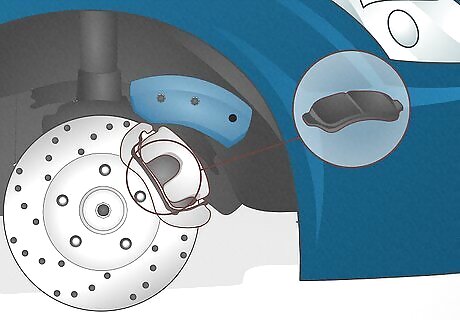
New brake pads Brand new brake pads have a “break-in” period during which they may squeak a bit as the fresh surfaces of the pads wear down. The squeaking usually goes away after a few days of normal driving. If the squeaking continues for more than 2-3 days, there may be another issue, like a piece of stuck debris.
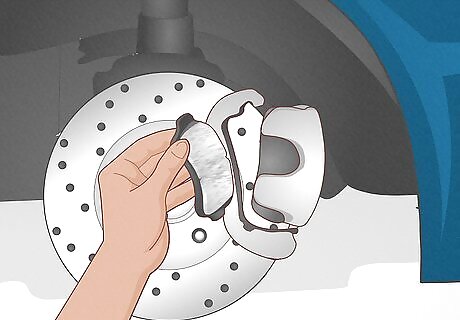
Ceramic brake pads High-performance ceramic brakes often squeak. This is normal and doesn’t affect brake performance. The squeaking doesn’t go away, but the durability and reliability of ceramic brakes make them worth it for certain types of cars, like high-performance sports cars. Ceramic brakes are designed to maximize braking power, allowing cars to slow down quickly from very high speeds. They’re not meant for typical driving.
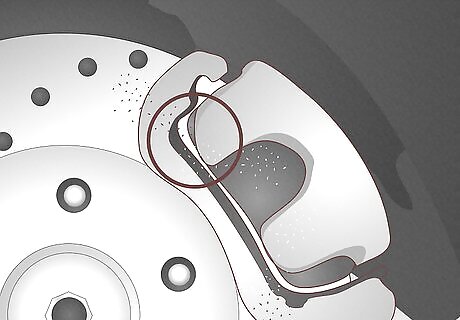
Dust or debris stuck in your brakes Dirt, small rocks, and other debris occasionally get stuck under your car’s brake pads. When you apply the brakes, the debris rubs against the brake rotors, producing a squeaking or whining noise. Over time, debris can scratch and damage your brake pads and brake rotors, causing even more squeaking.
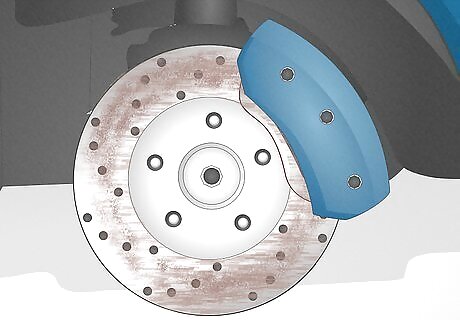
Rusty brake rotors Rust can accumulate on your brake rotors due to moisture or rain. After a rainy or humid day, you may hear a squeaking sound as the brake pads rub against the rotor’s rusty surface. The squeaking will be most noticeable when braking at speeds under 10 mph (16 kph).
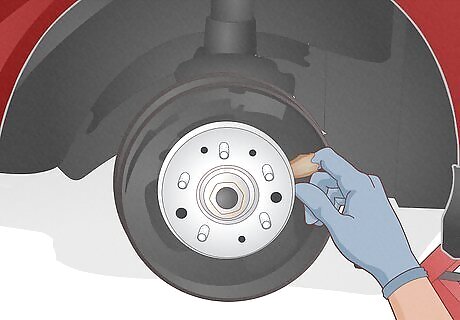
Brake drums need lubrication If your car has drum brakes on its rear wheels, your brakes may squeak as the brake mechanism rubs against the drum’s metal backing. Drum brakes are usually lubricated to prevent this, so the lubrication may have worn off. If your car has disc brakes on all four wheels, this scenario doesn’t apply.
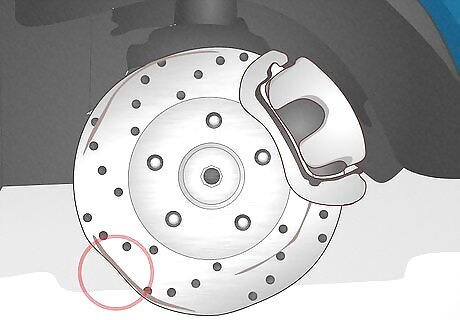
Damaged brake rotors Your car’s brake rotors can get scratched, worn down, or warped by stuck debris, or from many years of braking. This can make your brakes squeak as the brake pads rub against bumps and grooves on the rotor’s surface. Warped rotors can also be a sign of mechanical problems. For instance, your brake caliper may not be applying even pressure to the brake pads, causing more friction on one side of the rotor.
Potential Fixes for Squeaky Brakes
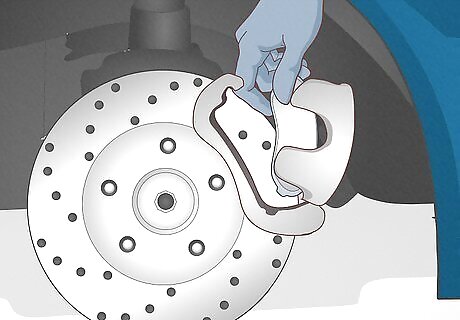
Replace worn brake pads as soon as they start to squeak. The wear indicators on your brake pads are made of metal, which makes them squeak loudly as they rub against the brake rotor (or against the inside of the brake drum), causing damage over time. Avoid this problem by having a mechanic replace your worn brake pads right away. If you ignore the problem, the metal wear indicators could carve deep grooves into your brake rotors or the inside of your brake drums, requiring them to be replaced. This will be much more expensive than replacing the brake pads.
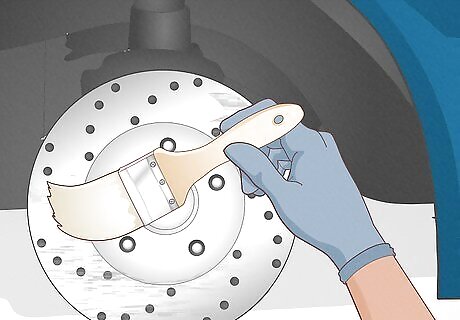
Have a mechanic remove debris from your brakes ASAP. Small rocks, dirt, and other debris can get stuck in your brakes, causing significant damage. Repairing that damage can be expensive, especially if you need to replace a brake rotor or caliper assembly. Have a mechanic remove debris right away to prevent damage from accumulating. Your mechanic may replace your brake pads if they’re damaged by debris, but this won’t be too expensive. Replacing the pads is part of normal brake maintenance.
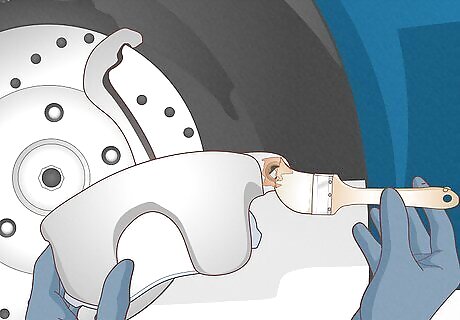
Get your brakes cleaned and lubricated to make them quieter. Brakes often squeak when their metal components get rusty, stuck, or rub up against each other. Have a mechanic inspect your brakes and remove any rust. If necessary, they may add lubricant to reduce squeaking. Rust can also cause metal corrosion and electrical problems in your car, which can be expensive to repair. If you see rust on your brakes, wheels, or another surface, have it removed as soon as possible.
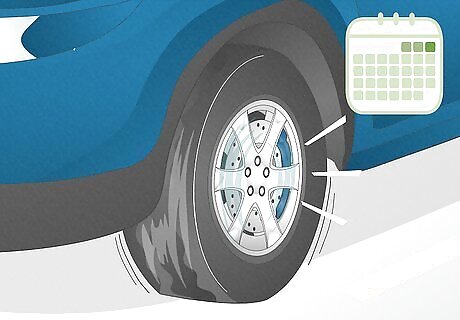
Give new brake pads 2-3 days to stop squeaking. If you’ve just gotten your brake pads replaced and they’ve started squeaking, drive normally for 2-3 days. This allows the fresh surfaces of the pads to wear down a little, evening their surfaces. The squeaking should then go away on its own. If the squeaking doesn’t stop, have a mechanic inspect your brakes and adjust them as needed.
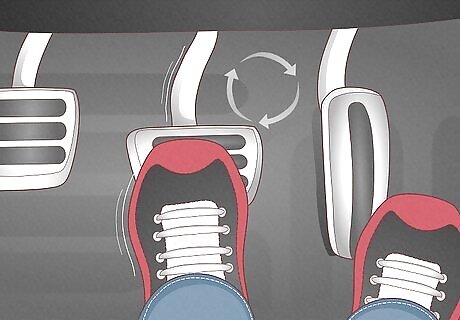
Apply the brakes a few times to eliminate noise caused by moisture. On humid or rainy days, rust and moisture quickly build up on your brake rotors. Drive normally and apply the brakes a few times to scrape off the moisture and rust. The noise should disappear. Park your car in a closed garage to minimize rust from rain and moisture. Drive the car normally for a day until all the buildup is scraped off the brakes.
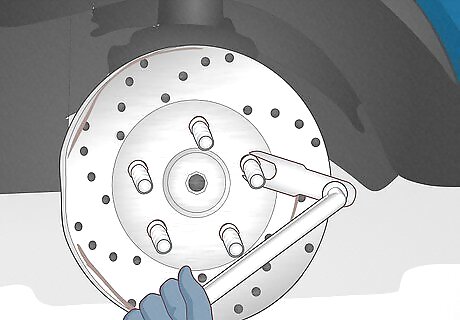
Replace damaged disc brake rotors right away. Over time, the rotors in disc brakes wear down and start to squeak. Ask a mechanic to inspect your rotors for scratching, warping, and other damage. For your safety, have the rotors replaced immediately if any damage is found. Your brakes may not work as effectively if your rotors are warped or damaged. This could lead to an accident, even if the problem isn’t noticeable during daily driving.
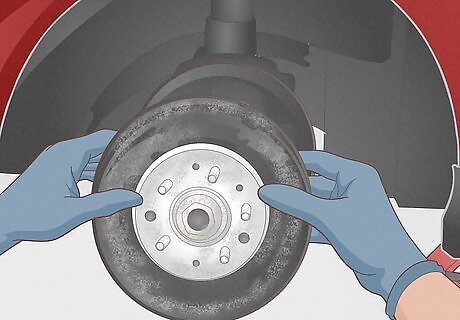
Replace old brake drums or have them resurfaced. Brake drums slowly wear down as the brake shoes (the brake pads inside the drum) rub against the drum’s inner surface. This can cause squeaking and other noises. If your car has drum brakes on its rear wheels, have a mechanic inspect them to determine if they need resurfacing or replacement. Resurfacing adds a small amount of material to the inside of the brake drum, making it function like new. This is usually less expensive than replacing the drum, but it’s not always possible. If resurfacing isn’t an option, your brake drums will need to be replaced.
Diagnosing Other Brake Noises
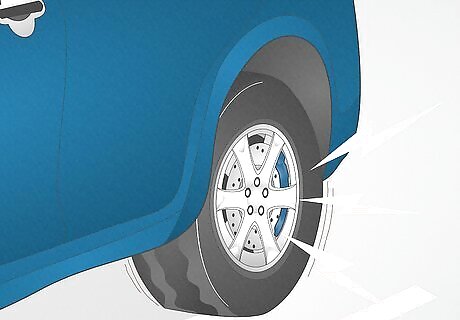
Rumbling, grinding, and screeching brakes These sounds are often much louder than squeaking, and they could indicate major problems with your car’s brakes. Your brake pads might be completely worn out, or your rotors or drums might be badly damaged. Take your car to a mechanic right away if you hear these noises. Loud, screeching or rumbling brakes could mean that your brakes aren’t working correctly. For your safety, avoid driving your car until the problem is diagnosed by a mechanic.
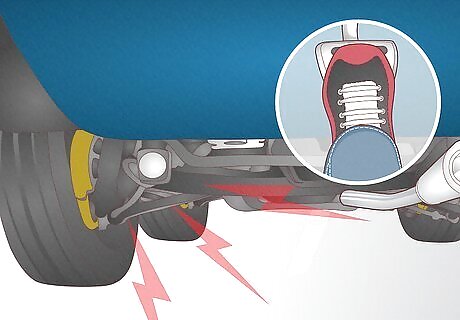
Clunking or thumping noises when you press the brakes This could be due to a problem with your car’s suspension system. You might also notice that your car leans to one side, or leans forward whenever you apply the brakes. Bumps on the road might feel rougher than usual. You may also have a loose brake cable, which could be bumping against your car whenever you hit the brakes. Have a mechanic inspect your brakes and suspension if you’re having these problems.
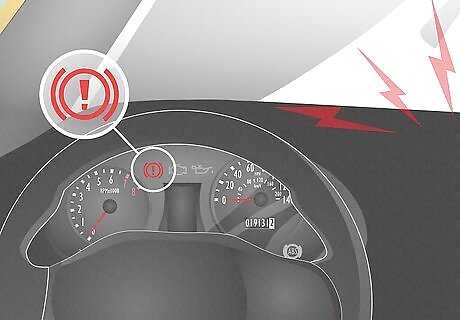
Brake warning lights and noises at the same time Avoid driving your car if the brake warning light is on and you hear noises when you use the brakes. Your brakes may have a serious malfunction, including low fluid levels, leaks, or other problems that could cause your brakes to fail. Have your car towed to a mechanic to get your brakes inspected. Make sure your emergency brake is not engaged. If you accidentally leave it on, you’re car’s brake warning light will stay on and you’ll a hear rumbling sound.










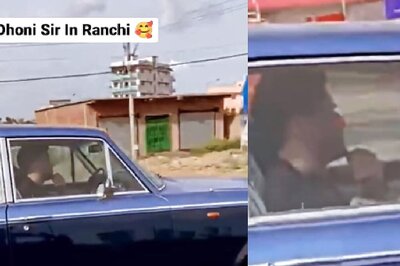

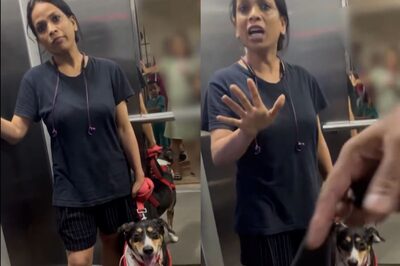
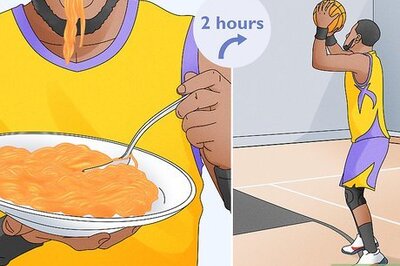


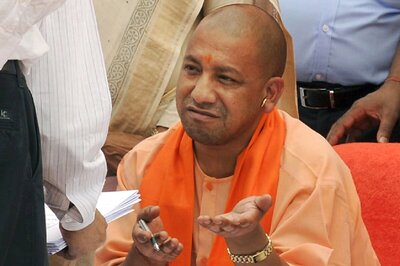
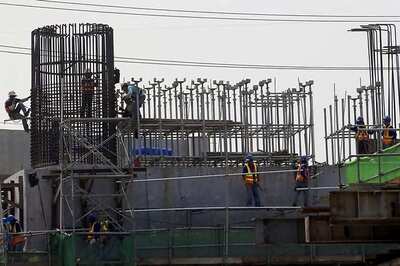


Comments
0 comment